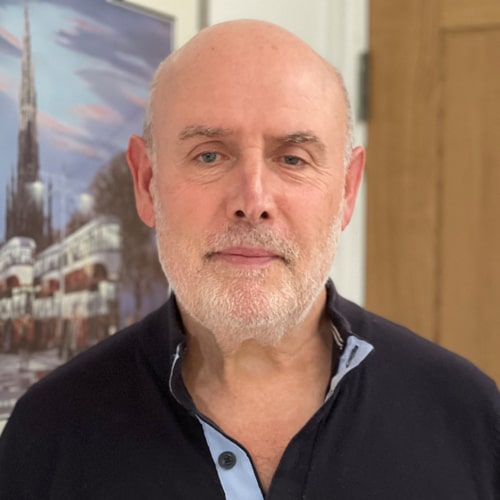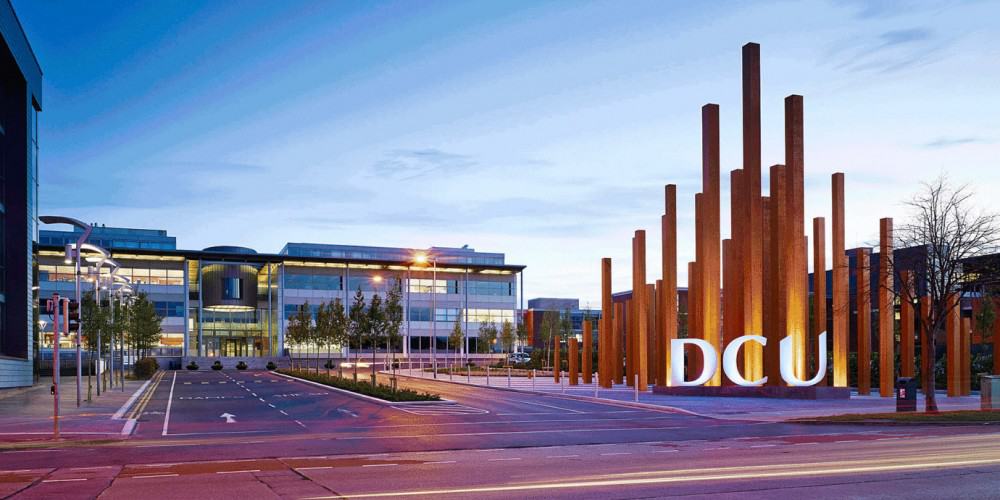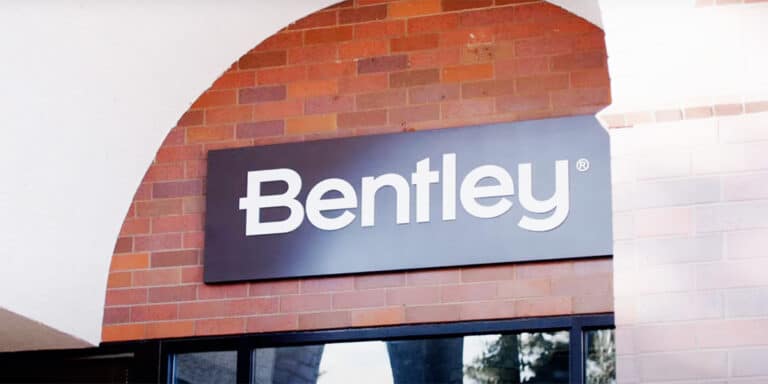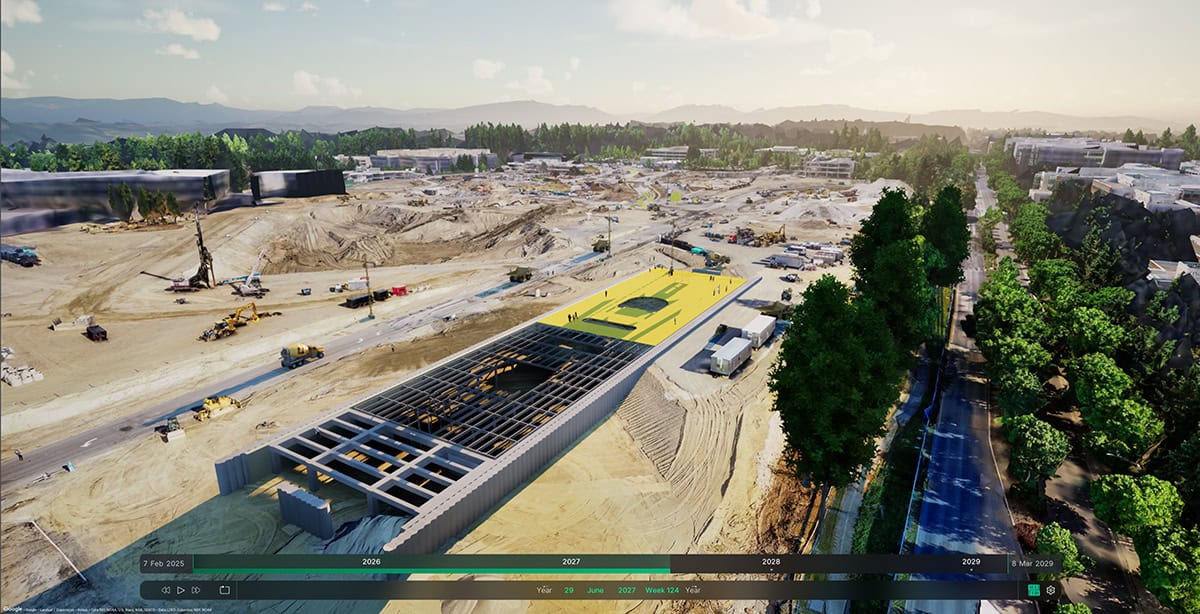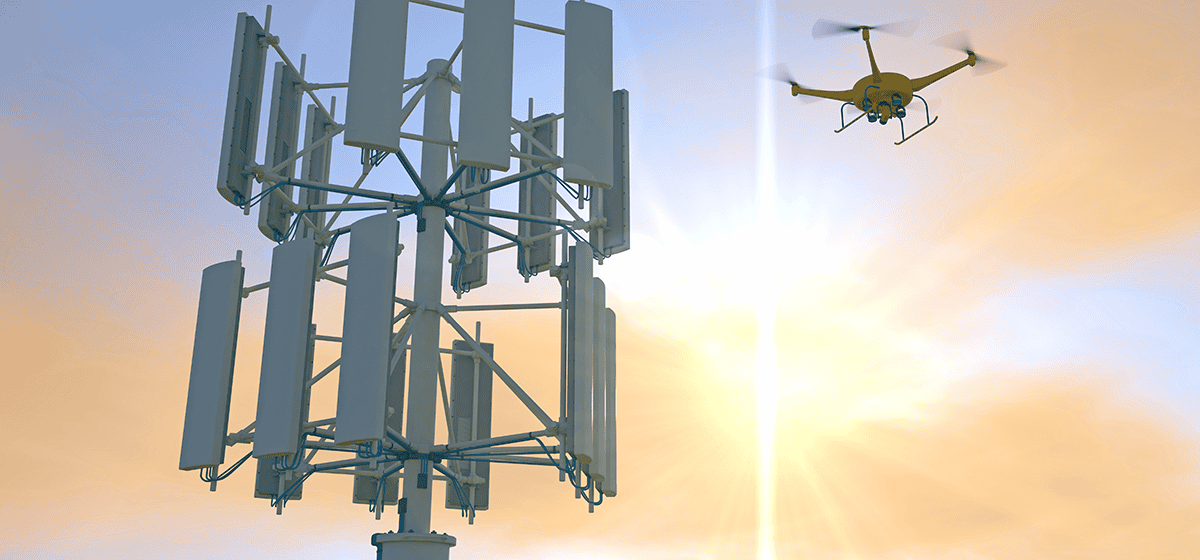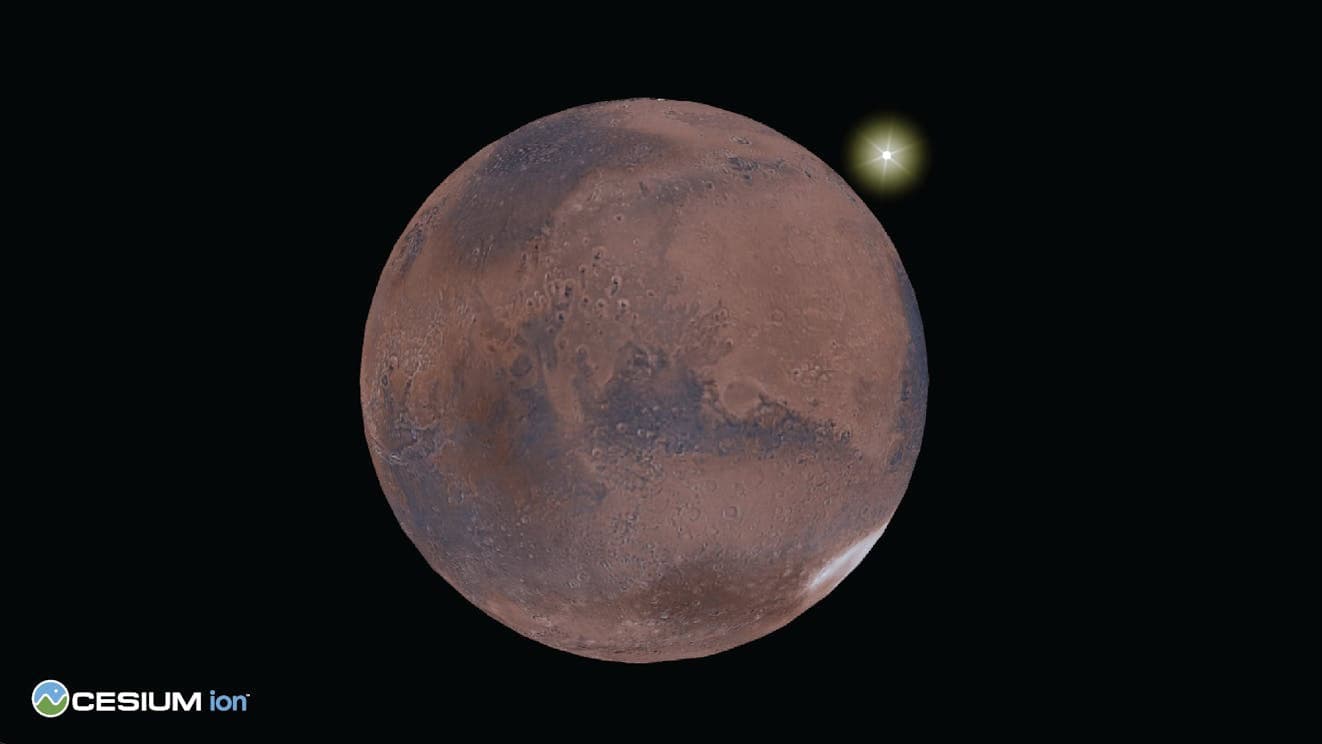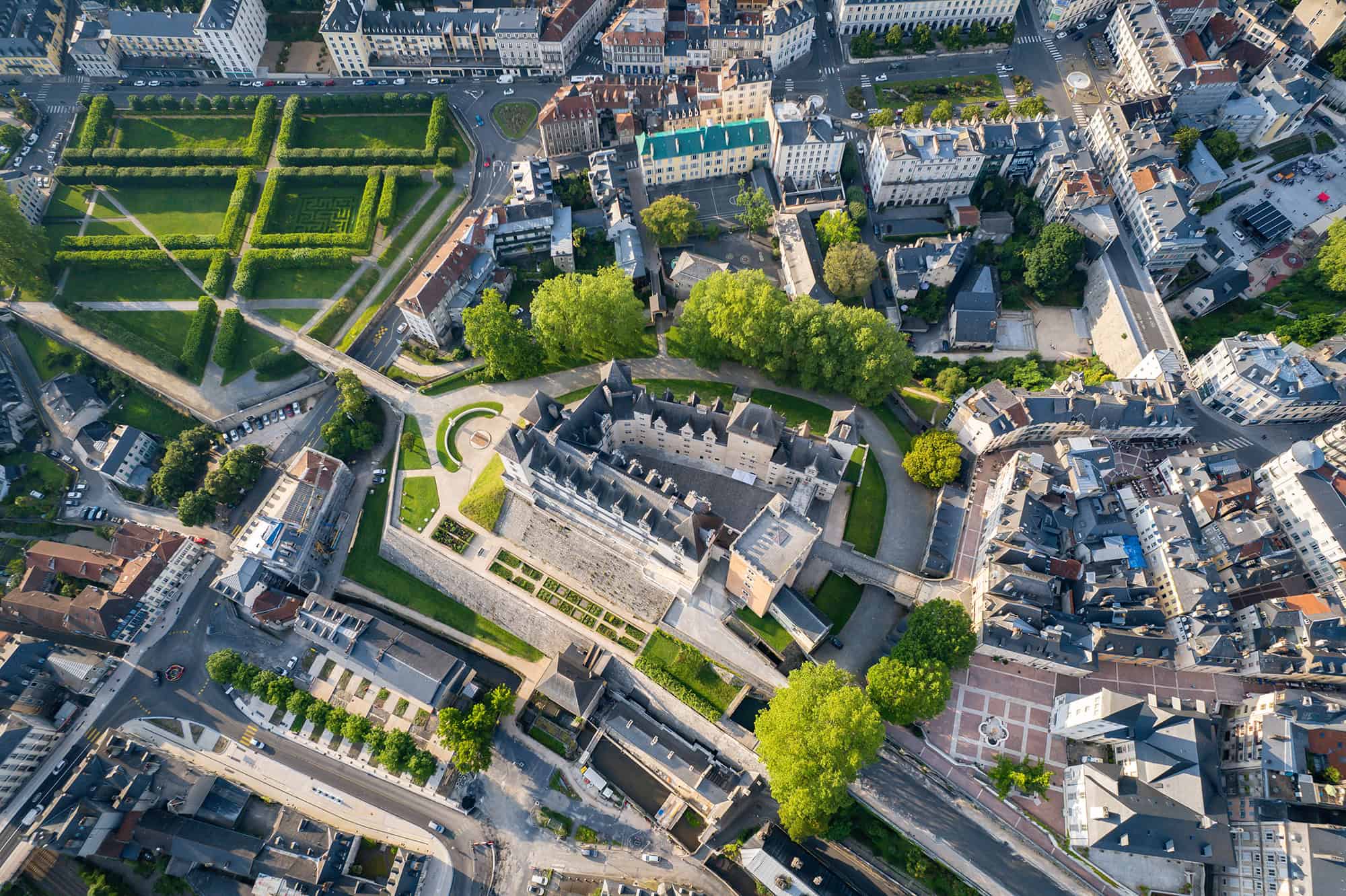At Dublin City University (DCU) in Ireland, something very smart is happening. Leading-edge digital innovations are being conceptualized, developed, trialed, and tested in one of the world’s most high-tech sandboxes. The DCU Glasnevin campus has transformed itself into a small-scale smart city through its Smart DCU program (a partnership with Ireland’s national research center for data analytics INSIGHT, DCU, and Dublin City Council).
If the term is new to you, a smart city is one where digital information and communications are intimately connected to allow the city to function better in terms of its infrastructure and services.
The goal is to create better city outcomes, the key driver for Bentley’s partner Dublin City Council’s award-winning Smart Dublin program which focuses on prioritizing projects and partnerships to make the city more efficient, greener, faster, safer, or simply more attractive for those who live and work there.
Piloting Digital Innovation with an Eye Towards Scaling Across Dublin
DCU has 17,500 students from 55 countries and because it contains buildings, parks, roads, pubs, sports, shopping, banking, and a lot of people moving around, it is a near-perfect microcosm of a city. It’s ideal to trial and test some extraordinary digital innovations, at a pace and with agility that most cities cannot achieve before they are perfected for the real world.
DCU appointed Kieran Mahon as the Smart DCU Projects Facilitator in 2018. As the catalyst for making the university’s campus a test bed for Smart City propositions, his role is focused on leveraging the university’s infrastructure, academic research, and emerging technologies. Mahon views DCU as “a safe controlled ecosystem that facilitates third parties to pilot, perfect, and promote their Smart City innovations.” The recently completed digital twins for the four DCU campuses is just phase 1. The overlay of IoT data will follow”.
Smart DCU is one of several districts that form the Smart Dublin Ecosystem, with each delivering a unique portfolio of projects that deliver real value and positive outcomes. Others include the silicon docks of Dublin of Smart Docklands, a health and wellness district in Dublin 8, and suburban testbeds in Dun Laoghaire and Balbriggan. Uniquely, Smart DCU is a hub of high-tech innovation and world-leading research addressing problems of sustainability, mobility, and environmental quality at a campus scale, with the goal to deliver those benefits city-wide. With a host of project initiatives across the campuses of DCU, Bentley’s digital twin solutions and an open partnership was an ideal fit.
Providing Digital Solutions to a Diverse Set of Challenges
Better outcomes for those on campus and within the Dublin City area are already being delivered in some surprising areas. As the world’s first designated Autism Friendly University, the aim is to use technology to reduce key sensory triggers that may cause discomfort to people on the autism spectrum.
The digital information being connected here includes Internet of Things (IoT) sound sensors, digital crowd counting, and environmental sensors, all of which aim to support intelligent routing (with the least traffic, people and noise for example) whether inside or outside. This will enable people with autism to navigate through the campus in the least stressful manner using their mobile devices.
Similar digital data sources are being used to improve micro-mobility around campus i.e., the use of shared electric scooters, e-bikes, or e-cars. Telemetry and tracking determine usage patterns, and precise micro-location means users can find the right transport in the right place at the right time. Safety is also improved with AI-enabled computer vision modules on a fleet of shared e-scooters on the campus used to help identify any hazards that lie ahead (e.g., pedestrians, other riders, etc.). This project led by a local startup called Luna significantly improves pedestrian and rider safety and is currently being tested with Tier mobility one of the largest e-scooter global operators.
Solutions also exist for assessing building performance, monitoring occupancy for safety, energy use, and city-wide for more effective emergency responses and insights into traffic and air quality (more on those later).
Enabling Smart Solutions via Partnerships (and a great set of tools)
The primary tool being used here is the Bentley iTwin platform and OpenCities Planner. DCU and the City of Dublin have partnered with Bentley to apply this platform and standard capabilities offered across our product portfolio to address each of the specific issues and challenges as they are identified. But this story is not about the software, it’s about what you do with it.
While the software is unquestionably leading-edge, for me the successes to date and the true potential for smart city projects lie in the partnerships and the deep human connections. At the heart of Smart DCU is the partnership and collaborative approach which is allowing open, respectful, challenging conversations to conceptualize and design the best campus or city outcomes, without having a single prescribed brand of tools.
Today the Bentley iTwin platform is consolidating and displaying city-scale data using drones and scanners and linking live IoT data streams to real-world coordinates. Data from 3rd party suppliers is linked and mapped to the overall digital twin, which is growing daily, and being extended to give access to those who need it.
Of course, it greatly helps to have one of Europe’s biggest research centers for data analytics (Insight, SFI Research Centre for Data Analytics), and a leading national IoT research center (Enable) as part of the team on campus. Our solutions can reach into machine learning, artificial intelligence, and augmented human experiences, as well as having the horsepower to manage incredible amounts of data. This sentiment is felt across our project stakeholders. Smart DCU Project Facilitator Kieran Mahon explains “Bentley’s expertise combined with Insight’s data analytics capabilities will accelerate the development of city digital twins”.
And with that end goal of delivering smart solutions at city-scale, our DCC partners’ inputs and insights are essential to delivering a truly connected and thriving city.
As Jamie Cudden, Smart City lead in Dublin City Council emphasizes ‘the importance of bringing new and emerging technology to life in a way that is addressing real problems and challenges that the city faces and making innovation real. We are working with Smart DCU and Bentley to understand new approaches to topics such as air quality modeling in the city”
 Drones and LIDAR scanners are being used to model both the exterior and interior of DCU campuses. The installation of environmental sensors will enable real-time IoT to be displayed and analyzed overlayed on these models.
Drones and LIDAR scanners are being used to model both the exterior and interior of DCU campuses. The installation of environmental sensors will enable real-time IoT to be displayed and analyzed overlayed on these models.Connecting Traffic and Air Quality Modeling
Like many large cities, Dublin has localized traffic congestion issues that are directly related to air quality challenges. The burning of fuel in vehicles causes the production of gasses and particles that can create smog, smell bad, and affect our breathing. DCC has large data sets for traffic flow and air quality monitoring that could be fairly described as sub-optimal for extracting useful insights to address the air quality challenges.
The solution is being created in partnership between The City of Dublin, DCU, and Bentley. The Glasnevin campus is acting as a testbed with a 3-way investment to install LiDAR/Radar sensors to segment and count, track and identify different vehicles, bikes, and pedestrians as they enter and exit the site. This will be visualized in real-time using Bentley’s LumenRT visualization tools.
In parallel, DCC have identified an area of the city, which is being monitored and modeled, to ultimately predict air quality, using a 3D streetscape and live information from sensors. Traffic input, contaminant concentrations, air movement, and modeled dispersal all help to provide true understanding and insight into the nature of the traffic and air quality in the test district.
Brought together at city-scale, the City of Dublin’s traffic management data and air quality data will be inextricably linked providing a real-time basis for smart-city planning and decisions. That’s pointing to much better outcomes for those who live there.
The Wisdom of High-Trust Partnership
It’s clear that many smart things are happening in Dublin and technology is making that possible. For me, delivering true smart cities is not about the tools (they always work). It’s about high trust relationships that collaborate on complex challenges and go to the tools to solve them to create city assets that are safer, more sustainable, and more resilient.
The partnerships approach, using a high-tech smart campus to test and prove solutions for the wide world, is creating better city outcomes that neither partner could achieve alone.
